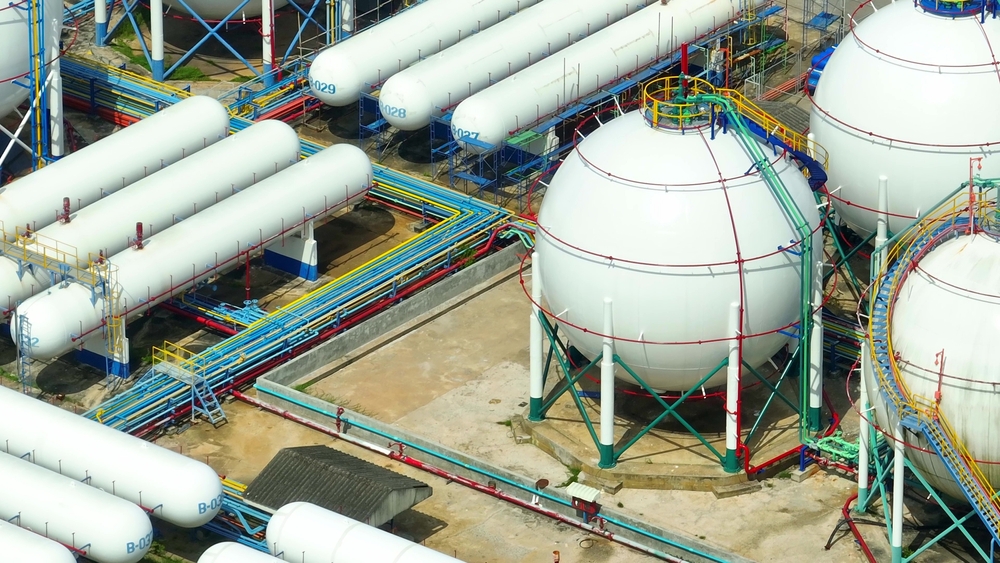Brussels targets long-term market signaling and contract loopholes to sever ties with Moscow’s fuel exports
Others are reading now
With sanctions stalled and energy prices steadying, the European Union is preparing its most definitive attempt yet to cut all energy ties with Russia. The plan leans not on new penalties—but on the private sector.
A Market-Led Strategy Amid Political Gridlock
The European Commission has introduced a strategic roadmap aimed at eliminating remaining energy imports from Russia by empowering companies to exit contracts early and avoid new ones altogether, as reported by Digi24.
Commissioner Dan Jørgensen said that despite the bloc reducing its reliance on Russian fossil fuels since the 2022 invasion of Ukraine, 19% of EU gas still came from Russia in 2024. “This compromises our energy security, exposing us to economic blackmail and manipulation,” he warned. The roadmap is designed to send a clear signal to markets that Russian energy is no longer viable—even if some EU companies remain tempted by low prices.
Resistance Within and Beyond
However, political resistance persists. Hungarian Prime Minister Viktor Orbán has promised to block any new energy sanctions and has threatened to derail the broader EU sanctions framework, which requires unanimous renewal every six months. Hungary’s EU commissioner even raised a procedural objection to the plan before its presentation.
Also read
Despite such challenges, the Commission expects the roadmap to proceed. Still, analysts question how effective the proposal will be. “There’s still appetite for Russian energy, driven by cost,” said Maria Shagina of the International Institute for Strategic Studies. Some executives, like TotalEnergies CEO Patrick Pouyanné, speculate that if legal and political barriers fall, Russian gas could resume flowing.
Realignment vs. Relapse
While companies like Eni point to legal and logistical hurdles preventing a quick return to Russian supply chains, others stress that market conditions will ultimately drive decisions. Eurogas chief Cristian Signoretto emphasized that “Europe has diversified,” and the current energy system is more resilient.
Estonian Energy Minister Andres Sutt put it bluntly: “People should look at the 2022 gas price chart. Want to depend on Russian gas again? That’s what you’ll get.”
As Brussels advances its plan, its success may hinge less on regulation and more on whether energy firms view the past as a warning—or a forgotten cost of doing business.


